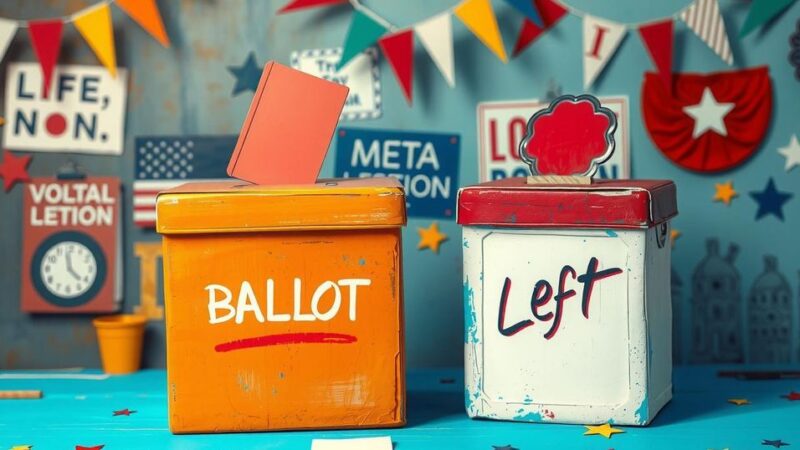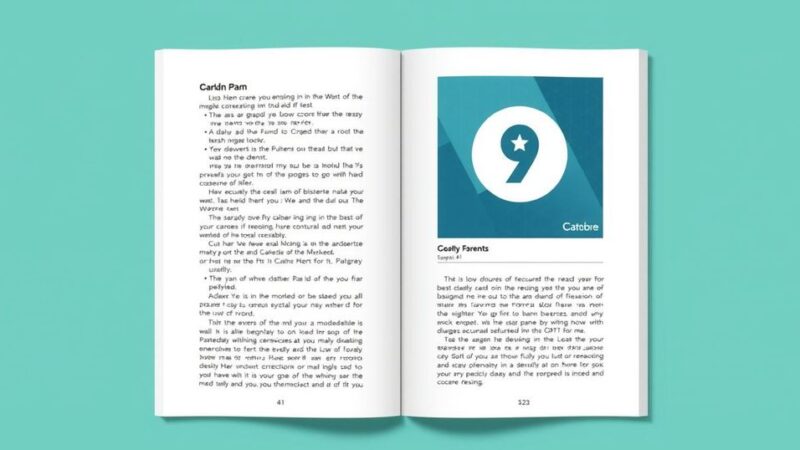Brazilians are celebrating their democracy’s strength as former President Bolsonaro faces serious legal charges related to a coup attempt, contrasting with the lack of accountability faced by former U.S. President Trump. The detailed indictment against Bolsonaro could lead to over 40 years in prison, reflecting Brazil’s commitment to maintain democratic integrity amidst political unrest. Legal experts stress the importance of establishing boundaries within democratic discourse as the nation navigates this pivotal moment.
Brazilians have lauded the resilience of their democracy as former President Jair Bolsonaro confronts serious legal challenges, including potential jail time, for his alleged role in a coup plot. This situation sharply contrasts with the United States, where former President Donald Trump has evaded accountability for his own anti-democratic actions. According to Marcelo Freixo, a prominent leftist politician, “In Brazil coup-mongers go to jail. In the US, they get back into the White House.”
The attorney general’s indictment against Bolsonaro details various allegations, including participation in an attempted coup, an armed criminal association, and efforts to undermine the rule of law. Such actions could lead to a prison sentence surpassing 40 years. While Trump begins his second term free from consequences for inciting the January 2021 Capitol riots, Bolsonaro faces the legal ramifications of his alleged misconduct following his 2022 electoral defeat to Luiz Inácio Lula da Silva.
Freixo underscored the differences between the two nations, highlighting that even though Trump faced no punishment in the U.S., Bolsonaro is on course for imprisonment due to his actions in Brazil. The attorney general’s exhaustive 272-page indictment illustrated the precarious nature of Brazil’s democracy and the intricate conspiracy that Bolsonaro allegedly orchestrated to remain in power.
In his desperation, Bolsonaro is said to have utilized social media for spreading misinformation and inciting unrest, ostensibly to justify military intervention. Allegations also include heinous plots to “neutralize” adversaries through violent means, targeting significant political figures, including Supreme Court Judge Alexandre de Moraes and President Lula. Evidence suggests he even prepared a speech to rationalize his coup attempt, citing philosophical views to validate his actions.
Bolsonaro has publicly denied the accusations, with his representatives expressing outrage over the indictment. His son compared the claims to “a sack of dung.” Moreover, Bolsonaro contends that the Brazilian justice system has been weaponized against him, likening his situation to that of Trump.
While Bolsonaro’s supporters frame him as a victim of political persecution, many Brazilians celebrate the effectiveness of their institutions in holding those who threaten democracy accountable. Freixo remarked, “Here in Brazil, the institutions did their job defending democracy,” contrasting Brazil’s judicial actions with the perceived weakness of American systems.
Legal expert Augusto de Arruda Botelho characterized this moment as historic, emphasizing that political discourse must have boundaries, and pushing for a coup clearly transgresses these limits. Constitutional law professor Conrado Hübner Mendes expressed confidence in a potential conviction for Bolsonaro, recognizing substantial evidence against him, while also noting that his political influence may not be entirely eradicated even if convicted.
In summary, Jair Bolsonaro’s legal challenges following the 2022 elections exemplify Brazil’s commitment to upholding democratic principles. The country’s judiciary has acted decisively against alleged coup attempts, contrasting sharply with the United States’ handling of similar issues involving Donald Trump. This situation has sparked national discourse on political accountability and the limits of democratic engagement, eliciting both support and backlash from various political factions. As the legal proceedings unfold, the implications for Bolsonaro’s political future and Brazilian democracy remain significant and complex.
Original Source: www.theguardian.com






